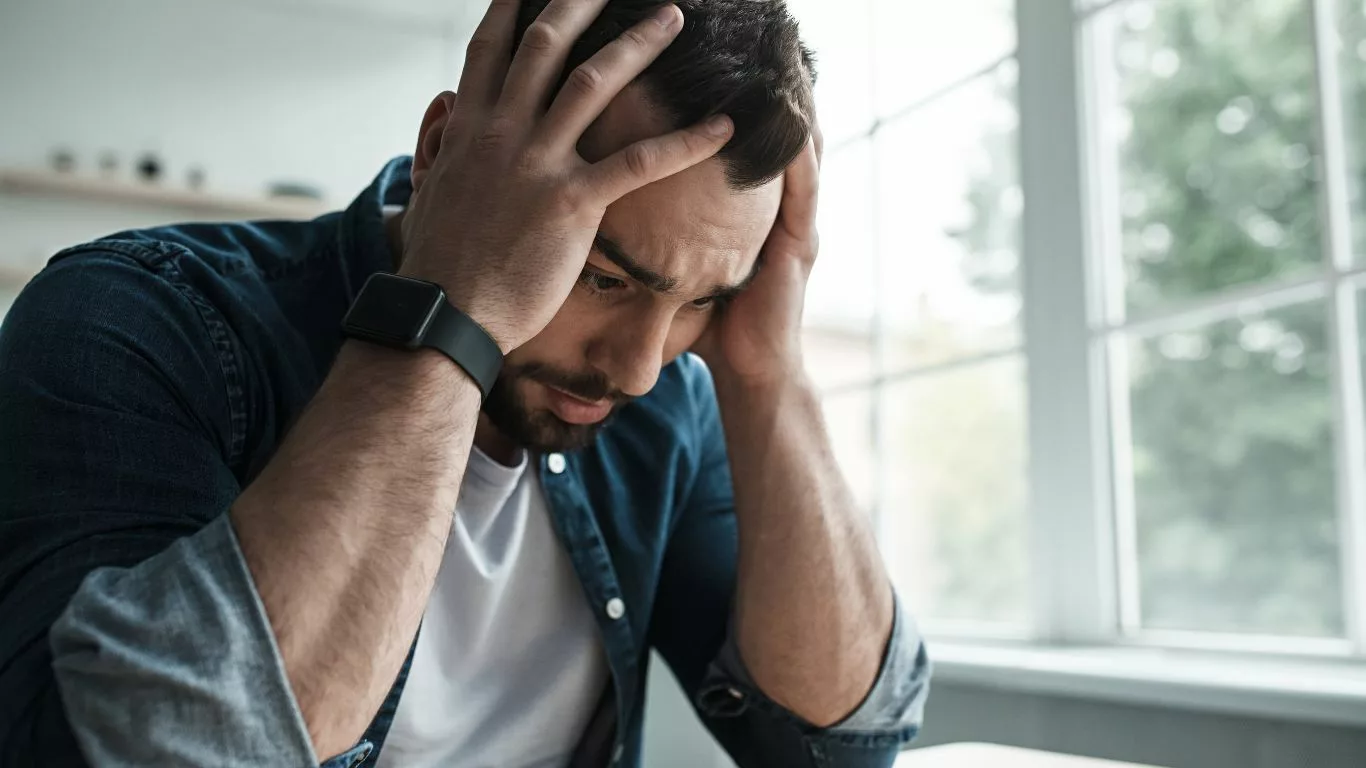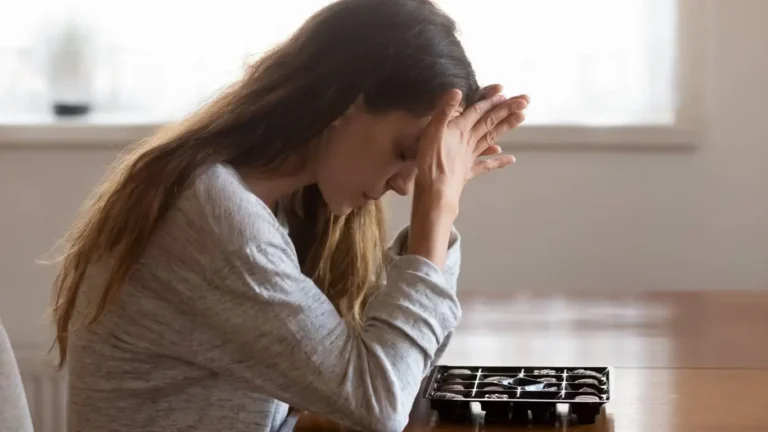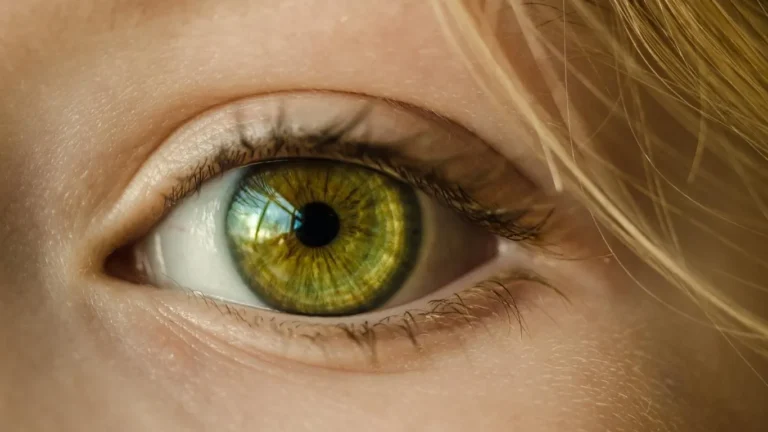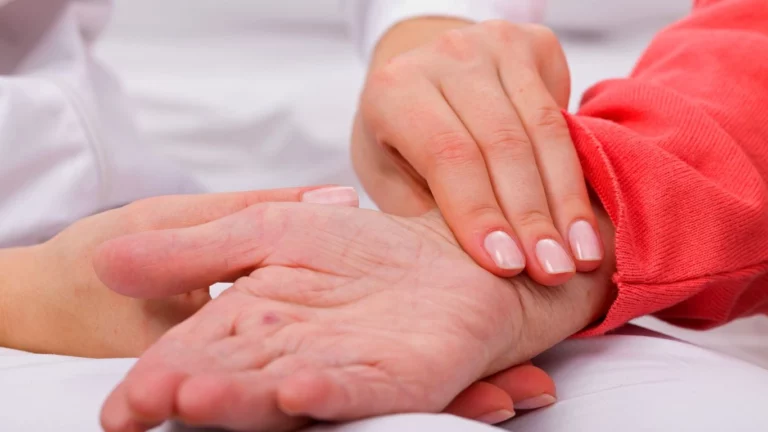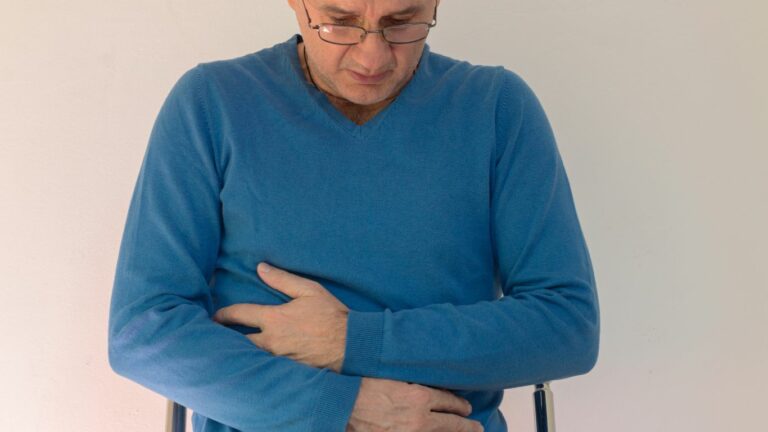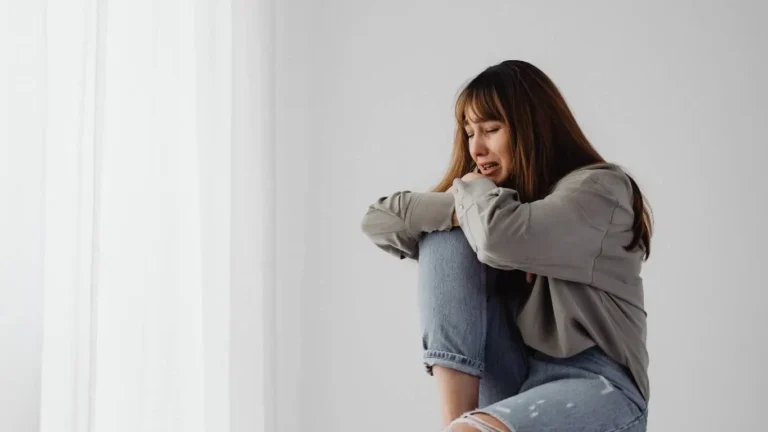The Impact of Caffeine on Anxiety Levels
Delve into the intricate connection that exists between caffeine consumption and anxiety levels, as we embark on a journey to explore the multifaceted effects, potential triggers, and effective management strategies meticulously outlined in this comprehensive guide.
Introduction
Unraveling the Complexity: Caffeine and Anxiety
Caffeine, a ubiquitous stimulant embraced by many, has stirred the curiosity of researchers and individuals alike due to its potential impact on anxiety levels. In this guide, we set out to unravel the intricate relationship between caffeine intake and anxiety, providing not only a deep understanding of the effects but also offering practical tips to foster and sustain mental well-being.
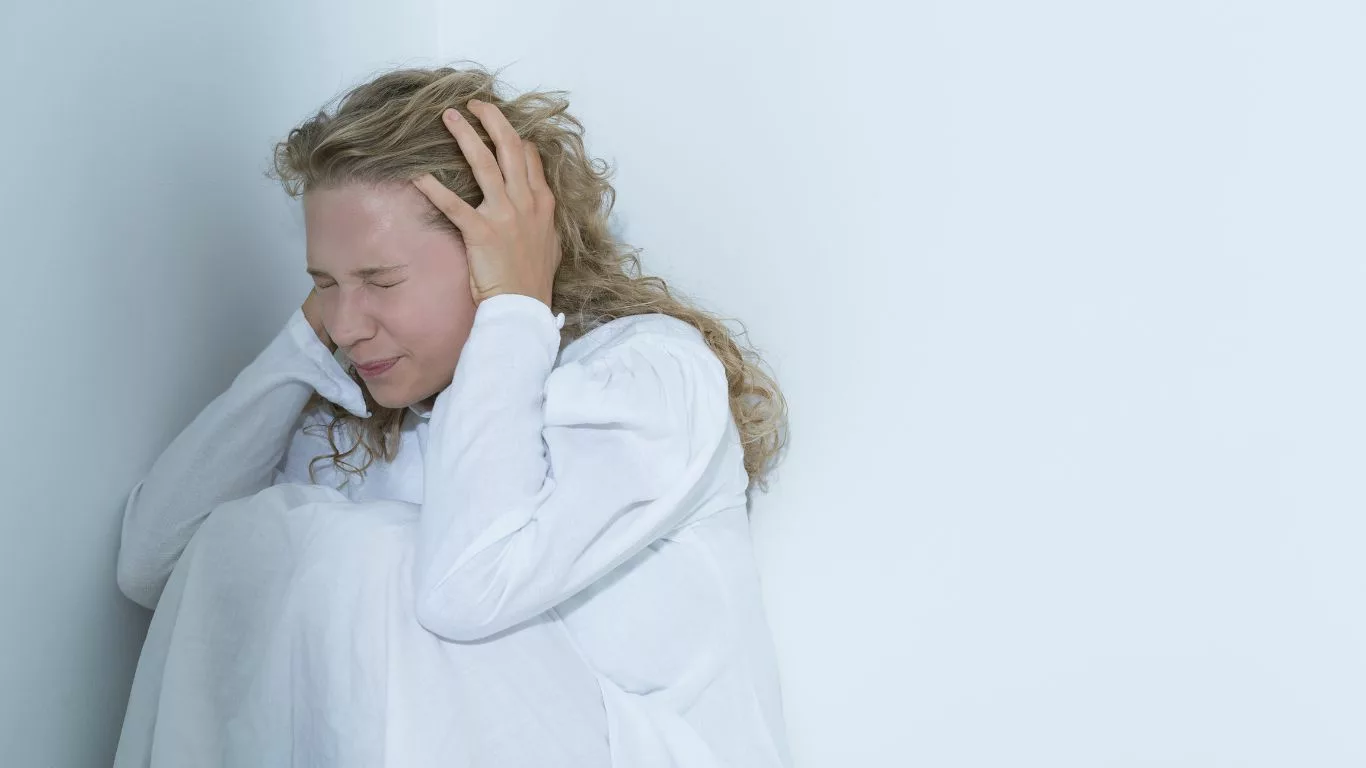
Effects of Caffeine on Anxiety
The Energizing Influence: Stimulant Properties
Caffeine is renowned for its stimulating properties, instigating heightened alertness and an accelerated heart rate. While these effects can be invigorating for some, in certain individuals, they may contribute to sensations of restlessness and nervousness, potentially intensifying the experience of anxiety.
The stimulating nature of caffeine extends its influence to disrupt sleep patterns, leading to inadequate rest. Recognizing the intimate link between sleep deprivation and heightened anxiety levels, it becomes imperative to meticulously observe and regulate caffeine intake, particularly in the hours preceding bedtime.
Unique Responses: Individual Variability
Acknowledging the intricate tapestry of human diversity, it’s crucial to recognize the varying responses individuals exhibit towards caffeine. While some may find themselves more susceptible to heightened anxiety, others might navigate the caffeine landscape with minimal impact on their mental well-being.
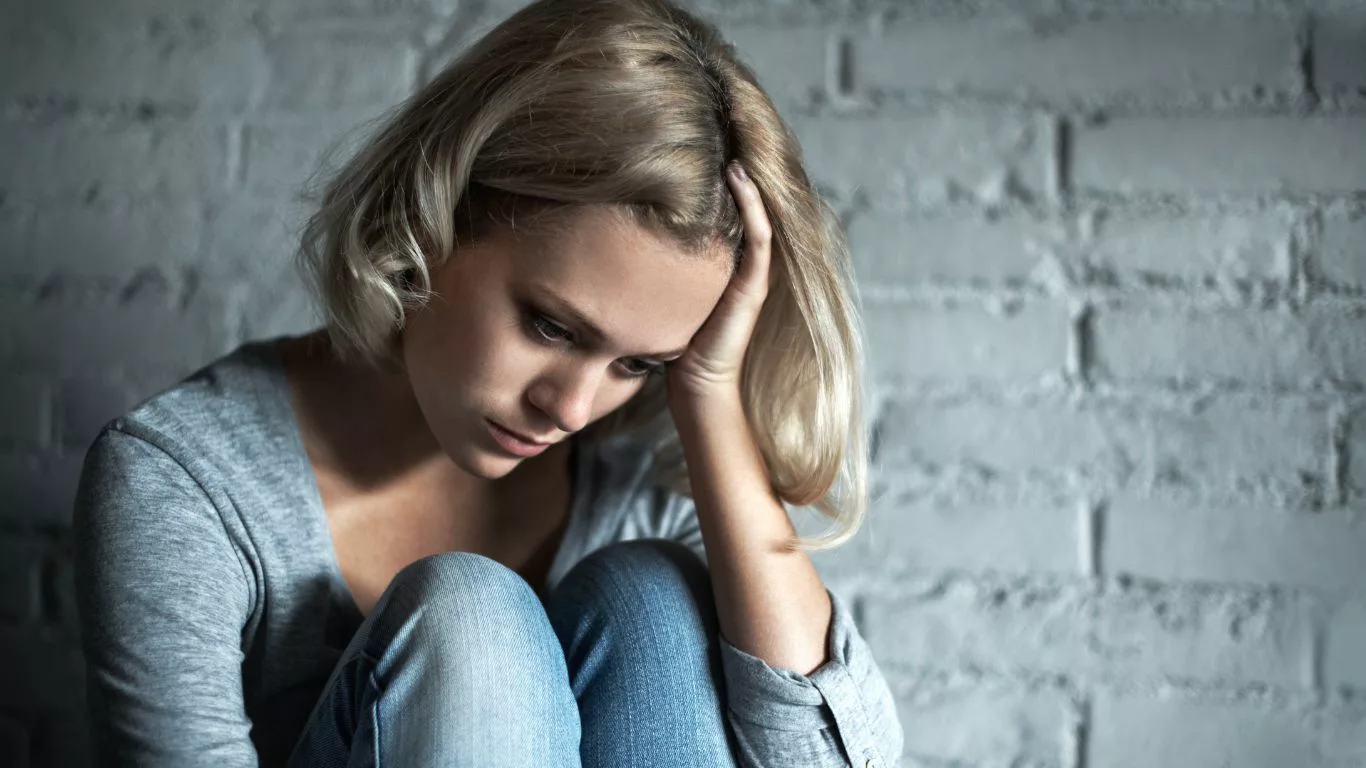
Nurturing Well-being: Strategies for Managing Caffeine-Induced Anxiety
Tracking the Elixir: Monitor Consumption
Embark on a journey of self-awareness by meticulously monitoring your daily caffeine intake. Spanning a spectrum of sources, including the aromatic realms of coffee, the comforting embrace of tea, the energizing allure of energy drinks, and even the sweet indulgence of chocolate, this practice empowers you to make informed decisions and take charge of regulating your caffeine intake. By maintaining a conscious awareness of your consumption patterns, you pave the way for a harmonious relationship with the stimulating elixir that is caffeine.
Exploring New Horizons: Consider Alternative Beverages
Elevate your beverage experience by venturing into the realm of caffeine-free alternatives. Immerse yourself in the soothing embrace of herbal teas or savor the rich flavors of decaffeinated coffee. These alternatives offer not only a delightful journey for your taste buds but also a respite from the stimulating effects of caffeine. In this exploration, discover the myriad possibilities that unfold, providing a pathway to enjoy a warm and comforting beverage without the accompanying surge of caffeine-induced energy.
Synchronizing with Serenity: Establish Healthy Sleep Habits
Cultivate a sanctuary of tranquility by prioritizing a consistent sleep schedule and crafting a bedtime routine that whispers serenity. Recognizing the pivotal role of adequate and quality sleep in the management of anxiety, it becomes imperative to weave a tapestry of restful nights. As the evening unfolds, minimize the influence of caffeine on your slumber by exercising prudence in consumption, particularly in the twilight hours. In weaving the fabric of healthy sleep habits, you foster an environment conducive to serenity, contributing to a tapestry of well-being.

Conclusion
Finding Balance for Mental Well-Being
Strike a balance in your caffeine consumption to support overall mental well-being. By understanding the impact of caffeine on anxiety levels and implementing mindful strategies, you can make informed choices that contribute to a healthier and more balanced lifestyle.
Appendices
References
- Smith, A. (2017). Caffeine, Cognitive Failures, and Health in a Non-Working Community Sample. Journal of Caffeine Research, 7(2), 59–66.
- National Sleep Foundation. (2021). Caffeine and Sleep. Sleep Foundation.
- Rogers, P. J., Heatherley, S. V., Mullings, E. L., & Smith, J. E. (2013). Faster but not smarter: effects of caffeine and caffeine withdrawal on alertness and performance. Psychopharmacology, 167(3), 324–332.
- Hakobyan, M., & Chukwurah, N. (2013). The Effect of Caffeine on Anxiety and Depression among University Students in Armenia. Journal of Caffeine and Adenosine Research, 3(1), 25–30.
FAQs
Have questions about the impact of caffeine on anxiety? Check out these frequently asked questions for clear and concise answers.
Question 1: How does caffeine affect anxiety?
Caffeine can stimulate the nervous system, potentially leading to increased feelings of restlessness and nervousness in some individuals.
Question 2: Is decaffeinated coffee a good alternative?
Decaffeinated coffee provides a caffeine-free option for those looking to enjoy the taste of coffee without the stimulating effects of caffeine.
Table: Impact of Caffeine on Anxiety
| Aspect | Effects | Management |
|---|---|---|
| Stimulant Properties | Increased alertness, potential restlessness | Monitor consumption, consider alternatives |
| Sleep Disruption | Interference with sleep patterns | Establish healthy sleep habits |
| Individual Variability | Different responses in individuals | Be mindful of personal tolerance |
Disclaimer
This article is provided for informational purposes only and should not be considered a substitute for professional medical advice, diagnosis, or treatment. Always seek the advice of your healthcare provider with any questions you may have regarding a medical condition.

Camellia Wulansari is a dedicated Medical Assistant at a local clinic and a passionate health writer at Healthusias.com. With years of hands-on experience in patient care and a deep interest in preventive medicine, she bridges the gap between clinical knowledge and accessible health information. Camellia specializes in writing about digestive health, chronic conditions like GERD and hypertension, respiratory issues, and autoimmune diseases, aiming to empower readers with practical, easy-to-understand insights. When she’s not assisting patients or writing, you’ll find her enjoying quiet mornings with coffee and a medical journal in hand—or jamming to her favorite metal band, Lamb of God.

